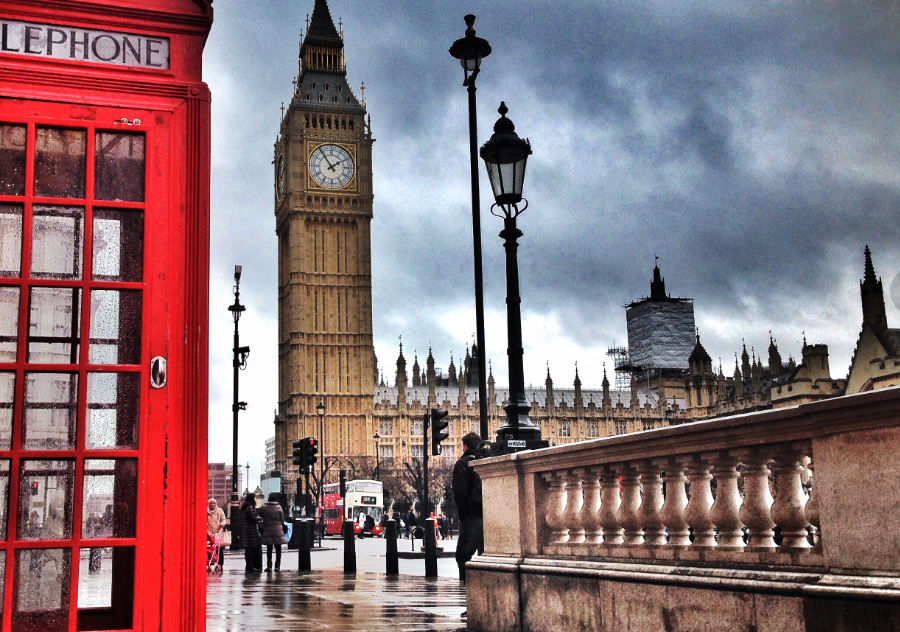The London Living Wage is the minimum amount of money that workers in London should be paid to be able to live on. There are about 4.8 million workers in the UK who are being paid below this amount. This could be trapping people in poverty.
4.8 million workers in Britain are paid less than the real living wage
A new study by the Living Wage Foundation has revealed that 4.8 million workers in Britain are paid less than the real Living Wage. In April 2021, the largest group of jobs that pay less than the recommended rate are those in the hospitality industry. This includes accommodation, food services and wholesale and retail trade.

The study found that migrant and ethnic minority workers are disproportionately affected by poor wages. In fact, the majority of those working in low-paid, insecure work are ethnic minority. This means that these workers are at risk of being caught out by a growing cost of living crisis.
The study also found that two thirds of low-paid workers say their financial situation affects their quality of life. In addition, nearly a quarter of those workers have had to borrow money from a payday loan to cover their essentials.
Low pay risks trapping people in working poverty
Getting a crappy job doesn’t have to be a bleak experience. There are a number of things you can do to improve your chances of landing a decent paying gig. For starters, there are the basics such as getting a decent education, finding a reliable place to live and working hard. Those may seem obvious, but many of us in the workforce have been guilty of neglecting those simple steps. This is no different for the aspiring self employed.
One of the best ways to hone your skills is to start your own side business. This can be done by writing a book, teaching a computer class or helping out with a community group. Of course, these activities will take time away from your main job, but if you’re serious about achieving your goals, you’ll have to invest the time and energy to do them.
Lambeth council’s waste contractor Veolia agreed that staff on the contract will be paid the London Living Wage
Earlier this year, Lambeth council’s waste contractor Veolia agreed that staff on the contract will be paid the London Living Wage. The move is part of an ongoing campaign by workers to receive a fair pay for their hard work.
Veolia is one of the largest waste management service providers to UK councils. It has contracts with several London boroughs. Its merger with Suez could lead to an erosion of competition for waste management services in the UK.
The two main companies that supply waste management services to local authorities are Veolia and Suez. Their merger has led to complaints from customers. Veolia’s merger with Suez would increase prices. Its merger with Suez could also lead to a less effective service.
Among the ten best performing councils for recycling, eight already have alternate weekly collections. Other boroughs are looking to introduce this.
Check if you’re being paid at least minimum wage
If you’re working for a UK business, you may be able to find out how much you’re being paid by using the National Minimum Wage calculator. This can tell you how much you’re being paid per hour.
The minimum wage is an hourly rate set by the government. It is designed to be fair for all workers. The rules are simple to understand and generally pretty straightforward.
The Advisory, Conciliation and Arbitration Service (ACAS) can provide guidance. It is also possible to make a claim at an employment tribunal.
If you haven’t been paid the minimum, you’ll be able to make a case. You can do this anonymously if you wish. You’ll need to follow strict time limits, however. You can also make a complaint online.
Making London a Living Wage City

Making London a Living Wage City is a campaign by Citizens UK and Trust for London. The campaign aims to help low paid workers in the capital to get a better deal. It will be co-chaired by the Mayor of London, Sadiq Khan, and the Bishop of London, Rt Revd and Rt Hon Dame Sarah Mullally DBE.
The city has a large number of low pay jobs, resulting in a large number of workers struggling to make ends meet. This is a serious issue in a high cost city like London.
The Living Wage Foundation has launched a new toolkit, titled “Living Wage Places.” The toolkit aims to tackle in-work poverty by supporting employers, communities and landlords to implement Living Wage Places.
It is estimated that more than four million workers across the UK are paid below the real Living Wage. While the government’s national living wage is set at the same rate for the whole country, the real Living Wage is calculated according to the basic cost of living in the UK. This will provide greater security and stability for workers.





